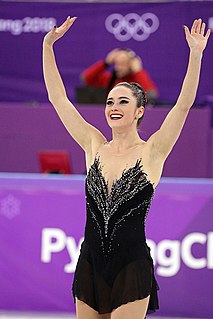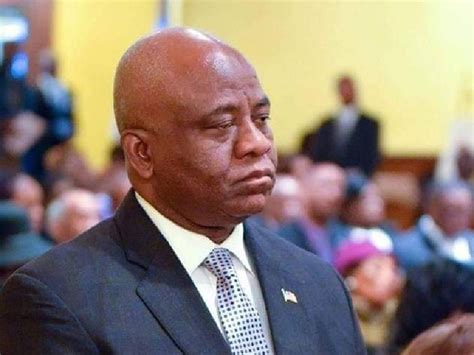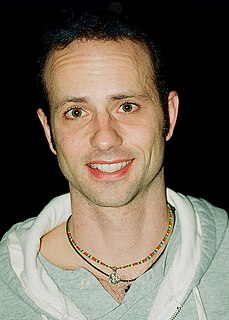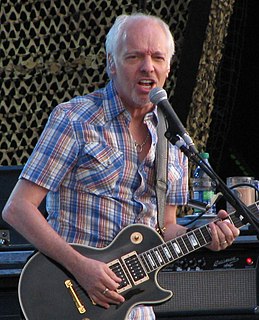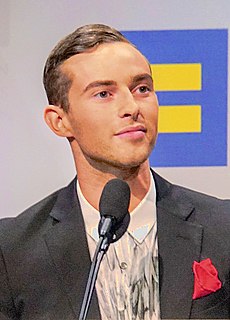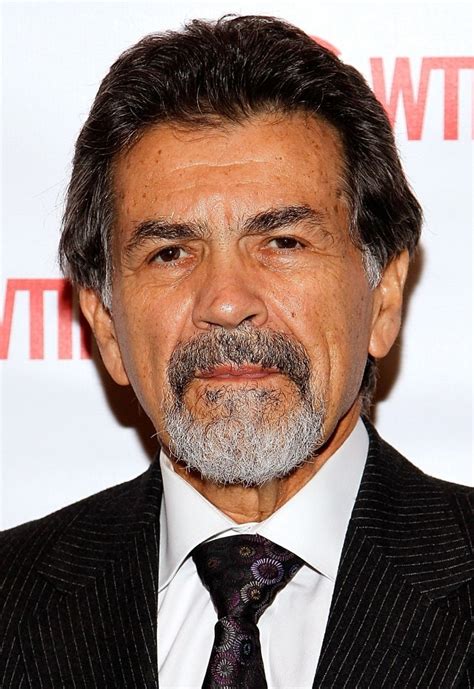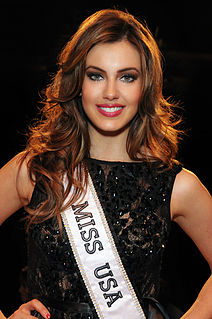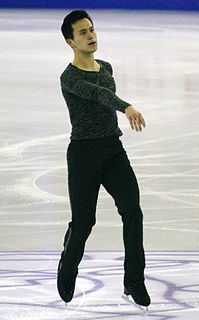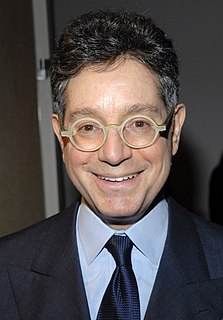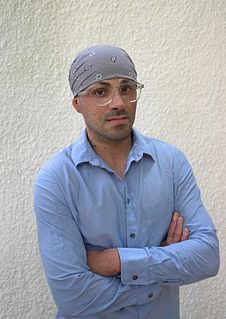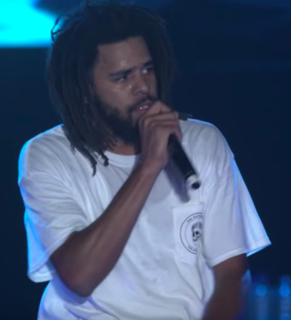A Quote by Kaetlyn Osmond
I love the classic side of skating, making it look like a full program and not just technical based.
Related Quotes
We had discussions at the Department of Defense on the issues of utilizing and requesting the full skill of United States capabilities, both on the soft side and on the side of providing logistics and technical expertise... And, we as a country are extremely pleased with the announcement that we have heard, and we look forward to that cooperation as expeditiously as we can.
When I was starting out, conceptual photography had become something that had to be amateur - like, that had to be black-and-white, or photocopied, or really not an object in order to be taken seriously. It had to work against technical mastery, and so on. So I think that my work is full of obstacles in the sense that it does look highly familiar and accessible. It does look like it's already "solved at first sight." It does look like it's part of a larger industry.
We have emphasized the importance of applied action research because it allows evidence-based policy and program development and a focus on learning. We are also committed to using a participatory approach in which local people, local program managers and providers, local researchers, women's health activists, and national decision-makers play the leading role. International "experts" from technical assistance agencies or universities can make important contributions, but they certainly don't have all the answers.
There're two different kinds of skating. There's the style skating, and there's the trick skating. He (Tony Hawk) does the trick skating so heavy duty, that he can overcome the style skating. There's always the chance that the style skater can come back, but the whole deal really is learning tricks.
